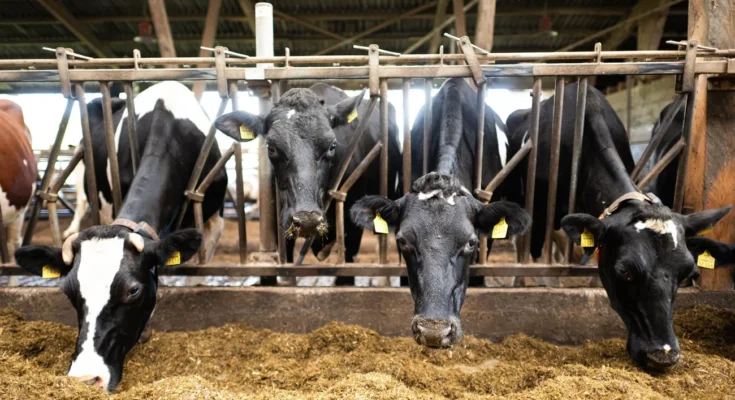farmer in EU will have to do less paperwork in the future. Negotiators from EU countries and the European Parliament agreed to this during negotiations in Brussels. Additionally, there will be fewer controls on locations and more funding for small businesses in the future, as announced by the Danish Presidential Council. Denmark currently holds the rotating presidency of the EU countries.
Requirements for receiving funding should become easier, especially for organic farms. Farmers must also be given better options to protect themselves from risks. Additionally, member states should be allowed to make payments to farmers in the event of a crisis, such as a natural disaster or extreme weather. This is to ensure that affected farmers can continue their work, he said.
The EU Commission has proposed a simplification package
The negotiations are based on a proposal from the EU Commission in May. The aim is to strengthen the competitiveness of European agriculture. According to the authority, simpler EU agricultural funding would allow companies to save up to 1.6 billion euros in expenses annually. National authorities should be able to save around 200 million euros.
Last year, following farmer protests in the European Union, relief measures for farmers were passed. At that time, environmental regulations were relaxed and small companies were freed from control. Farmers organized protests in several countries. Among other things, they complain too much bureaucracy.
Now it must be implemented
Member of the European Parliament Stefan Köhler described the agreement as a clear signal regarding the practical suitability of European agricultural policy. “What remains important for us is that simplification is not just done Brussels “But it also reaches directly to farmers,” said a spokesperson for the CSU Europe Group’s agricultural policy.
CDU MP Norbert Lins said that in practice it was clear that the Common Agricultural Policy (CAP) regulations were too rigid and onerous. The deputy chairman of the Agriculture Committee added: “We now call on the federal government to fully implement this flexibility obtained at the German level.”
The agreement must now be approved by EU countries and European Parliament formally accepted.
© dpa-infocom, dpa:251110-930-275421/1



